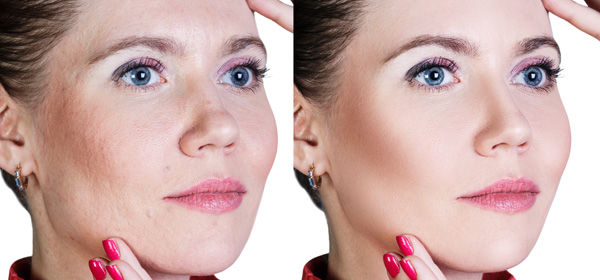Australian scientists have discovered a vitamin that helps repair cell damage caused by cancer and ageing – and it could be available in pill form by 2020.
The vitamin, nicotinamide mononucleotide (NMN), repairs DNA damage. Tests conducted on middle-aged mice revealed that the vitamin helped them live 20 per cent longer and made them run faster.
“The cells of the old mice were indistinguishable from the young mice, after just one week of treatment,” said Professor David Sinclair of UNSW School of Medical Sciences and Harvard Medical School Boston.
“This is the closest we are to a safe and effective anti-ageing drug that’s perhaps only three to five years away from being on the market if the trials go well.”
Scientists are so confident in the drug that they are taking it themselves.
“I am using it, I’m not supposed to take it but I feel just fine, there are no side effects,” said University NSW scientist Dr Lindsay Wu. “I take it out of intellectual curiosity.”
Apart from these self-administered ‘unofficial’ trials, human trials will commence this year in the hope that the drug will be on the market by 2020.
The substance was discovered as part of research into helping reverse accelerated ageing caused by cosmic radiation in astronauts on the planned mission to Mars in 2025. It was identified as a result of research into the life extending qualities of resveratrol – a molecule found in red wine.
Here on earth, it is hoped that a medicine can be created to help overcome the side effects of chemotherapy and cancer radiotherapy. However, it could also be developed to help resist the ageing process, treat type 2 diabetes and restore lost vision. It may also help to fight obesity.
A Japanese study of the vitamin revealed that, when given to mice, they gained less weight with ageing even when they consumed more food.
When clinical trials are complete, it will most likely be produced to help cancer patients, not as a fountain-of-youth elixir.
“The big problem is that regulatory authorities don’t recognise ageing as a disease even though you lose memory, you lose movement and it gives you cancer,” said Dr Wu.
Read more at The Daily Mail
Would you take a risk on medicine that promised longer life? Or are you happy to age naturally?
Related articles:
Ageing: what’s normal, what’s not?
Anti-ageing pill
Caring for dry, ageing skin

